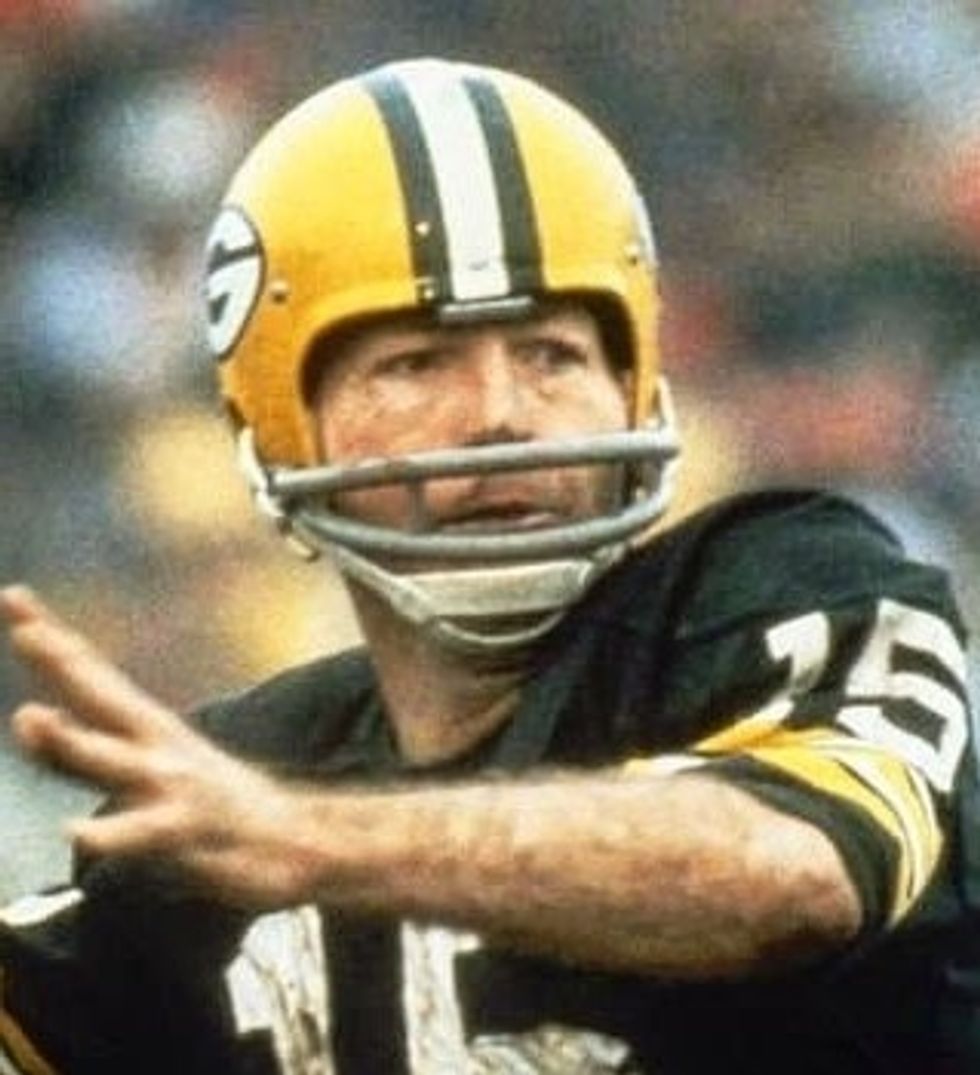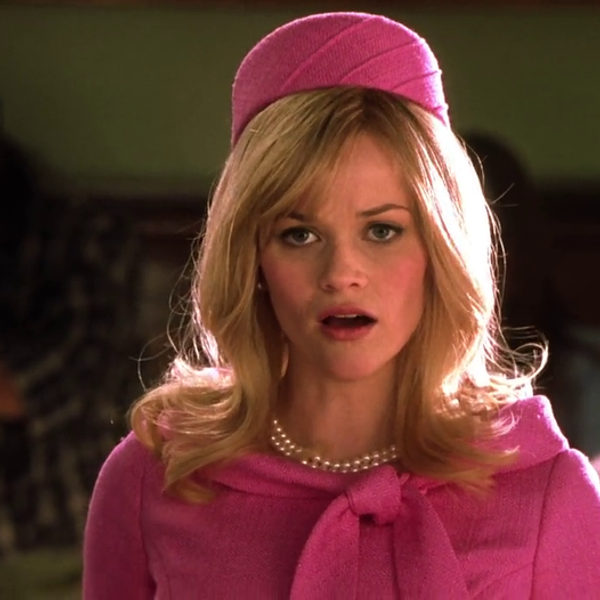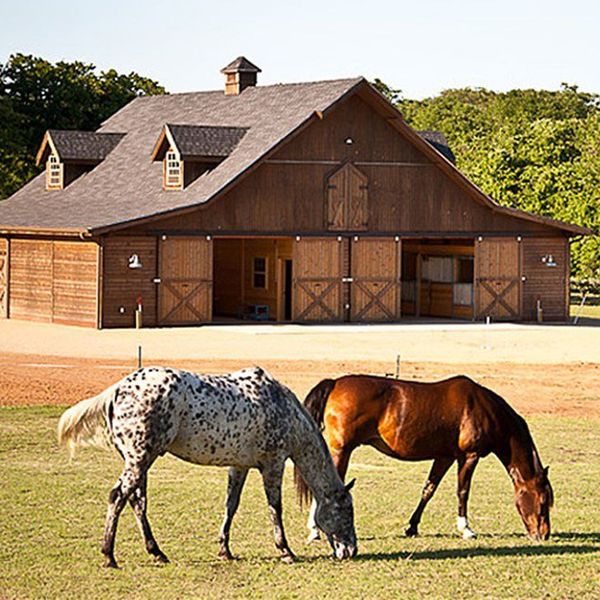Bart Starr, Hall of Fame quarterback for the Green Bay Packers, passed away on May 26th, 2019. He was 85 years old.
My cheesy title aside, there is no denying the integral positioning of Starr in conferring success upon the Lombardi-era Packers. An unheralded quarterback out of Alabama, Starr was chosen 200th overall in the NFL draft (one selection later than Tom Brady was taken in the 2000 NFL draft). He is the only quarterback in the Hall of Fame to have his number called that late, going in what was then the 17th round in 1956.
Playing in Green Bay for 16 seasons, Starr's success was unparalleled, but far from gaudy. While flashier players like Joe Namath and Johnny Unitas grabbed headlines, Starr grabbed titles. Winning five championships in seven years, including the first two Super Bowls, Starr's execution on the field was legendary.
He played in only 10 playoff games given the limited nature of the NFL playoffs at the time but won nine of them. Amazingly, in an era where passing the ball was still treated with a high degree of uncertainty, Starr set the record for best passer rating in the postseason at 104.8.
This is a record that still stands today.
Most telling, I think, of Starr's determination and overwhelming drive, is the final play of the 1967 NFL Championship. Facing off against their nemesis in the Dallas Cowboys, the Packers were down by three in a game that, as it remains the coldest game in NFL history, is fittingly called the Ice Bowl.
The Packers had the ball on the one-yard line. Field conditions were atrocious, as the heating system underneath Lambeau Field had malfunctioned in the extreme cold. Ice crusted everywhere, especially as the UW-Lacrosse marching band (which had been scheduled to play) canceled due to the hazardous conditions.
It is in this scene that Starr, normally content to take Vince Lombardi's orders, defied his coach.
Huddling on the sideline, Starr was instructed to hand the ball off to fullback Chuck Mercein on a dive play. Starr, knowing the conditions of the field and knowing that handing off would require turning to Mercein, planting, and then hoping the back got enough momentum to break the goal line.
It wouldn't work. So Starr kept the ball himself.
Slipping behind the block of right guard Jerry Kramer, Starr dodged the attempted tackle of Jethro Pugh and scored. Game over. Packers win. Final score 21-17.
Two weeks later, the Packers would go on to win Super Bowl II. Starr would be named the MVP of that game, just as he had been for Super Bowl I.
Starr continued to play after that season and through the departure of Lombardi from the organization in 1968 (he had concluded his time as head coach following the Super Bowl II victory). When he finally retired in 1971 though, he wasn't done yet.
Although his time as the Packers head coach in the 1970s and early 1980s will be remembered ignominiously for their losing ways (he had a wining percentage of .408), Bart Starr and his wife, Cherry, were deeply committed to service. They started the Rawhide Boys Ranch in New London, Wisconsin in 1965 to help troubled, at-risk youth through the provision of live-in facilities and mental health programs. In 1971 they founded the Vince Lombardi Cancer Foundation in honor of the late coach.
And of course, despite residing in his native Alabama, Starr remained a force in the Green Bay community for many, many years, including making an appearance at the number retirement ceremony for Brett Favre in 2015. That instance marked perhaps the only time that all three of the Packers' legendary quarterbacks (Aaron Rodgers, Favre, and Starr) appeared on the field at the same time.
In short, ESPN's Sal Paolantonio was right when he said that Bart Starr is perhaps the most underrated Hall of Fame quarterback, especially in comparison to his contemporaries. The only quarterback to win three consecutive championships and the only one to win five in a single decade, Starr was nothing short of illustrious.
In a way it is fitting that he fought for so long. One of football's toughest in a game that is all about toughness, Starr suffered multiple strokes, a heart attack, four seizures, and significant brain damage among other ailments in his final years. It was widely believed that he wouldn't be able to make Favre's number retirement after being wracked by illness the previous year.
But make it he did, standing proud on Lambeau Field one last time.
In a career chock-full of storied greatness, Starr is well at home with the Green Bay Packers. The greatest gift was that all of us got to be a part of the journey along the way.

















